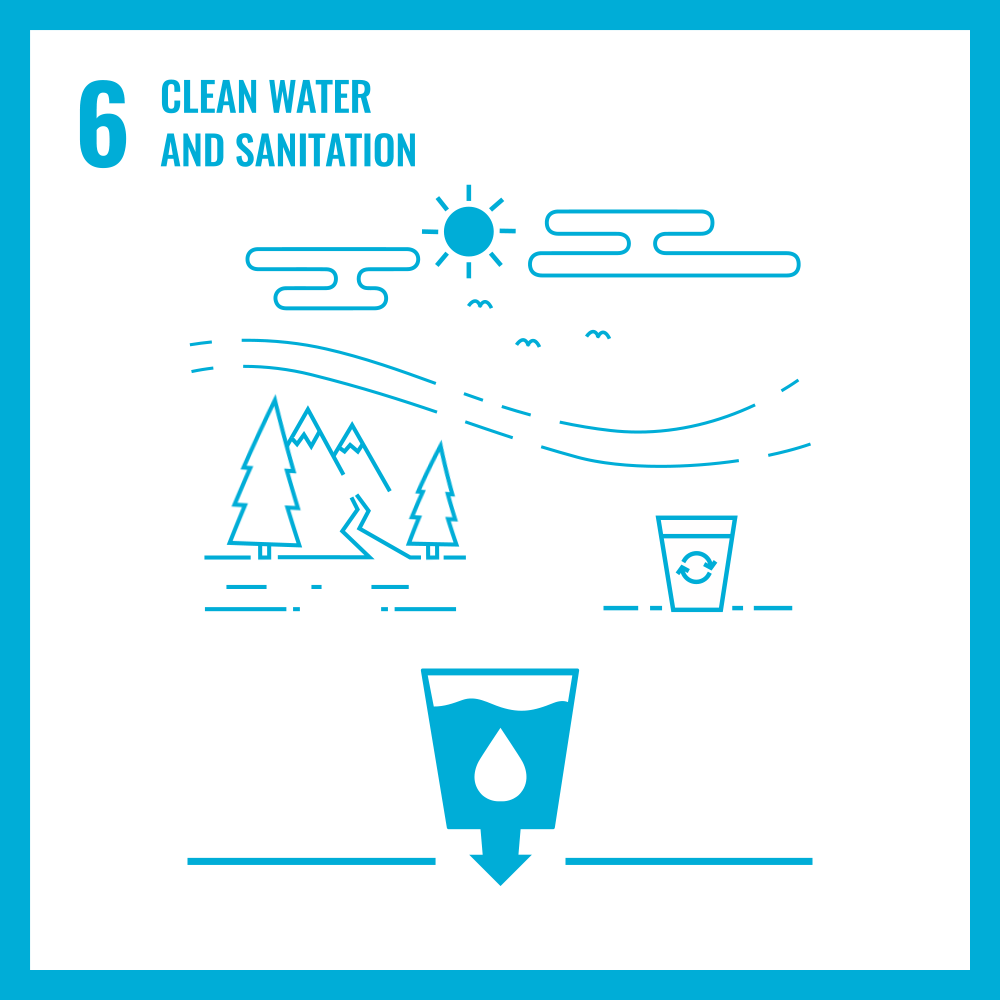

Selected Research
Tagulao, K. A., Bernardo, A. B. I., Kei, L. H., & Calheiros, C. S. C. (2022). Mangrove Conservation in Macao SAR, China: The Role of Environmental Education among School Students. International Journal of Environmental Research and Public Health, 19(6), 3147. https://doi.org/10.3390/ijerph19063147
ENSURE AVAILABILITY AND SUSTAINABLE MANAGEMENT OF WATER AND SANITATION FOR ALL
WATER STEWARDSHIP
Water is an essential and finite resource that should be protected. At USJ, we are committed to our Green Campus Environmental Action Plan, which incorporates rainwater harvesting and recycling systems. As an environmentally conscious institution, the USJ campus features water stations on each floor of the academic building and twelve in the residential hall, totalling nineteen water stations. These water stations provide access to free drinking water and encourage students and staff to use reusable water bottles, reducing plastic consumption and waste. This initiative highlights the University’s considerable efforts towards achieving SDG 6, which aims to ensure access to clean water and sanitation.
WATER CONSERVATION
USJ supports water conservation off campus and collaborates with the local government and NGOs to ensure clean water resources are maintained. Much of our Institute of Science and Environment’s direct action is focused on mangrove conservation. Among the many ecosystem benefits of mangroves, coastal protection and their ability to filter toxic materials make them crucial battlegrounds in the fight for the conservation of water resources.
In the academic year 2023-2024, USJ engaged in different initiatives to promote clean water. One of the initiatives included a visit to Suez and Macao Water, which provided valuable insights into innovative solutions for water conservation and sanitation. Additionally, USJ organised a study visit to the T-Park Sludge Incinerator, which stressed the importance of sustainable waste management practices, contributing to cleaner water and healthier ecosystems.
